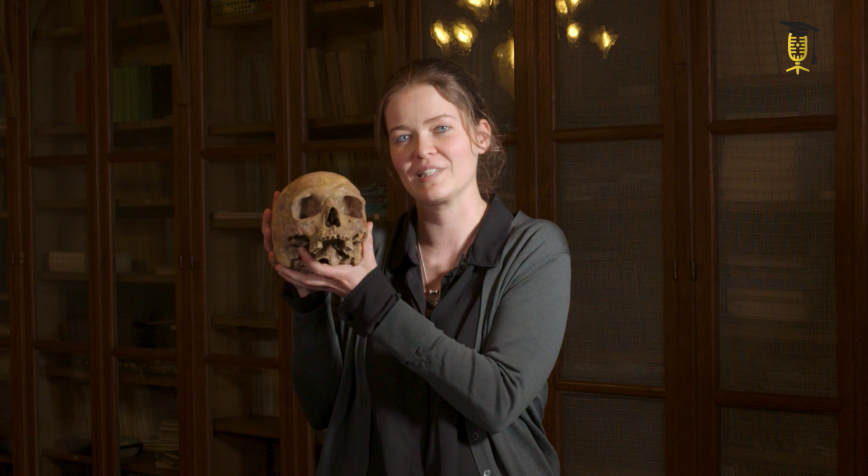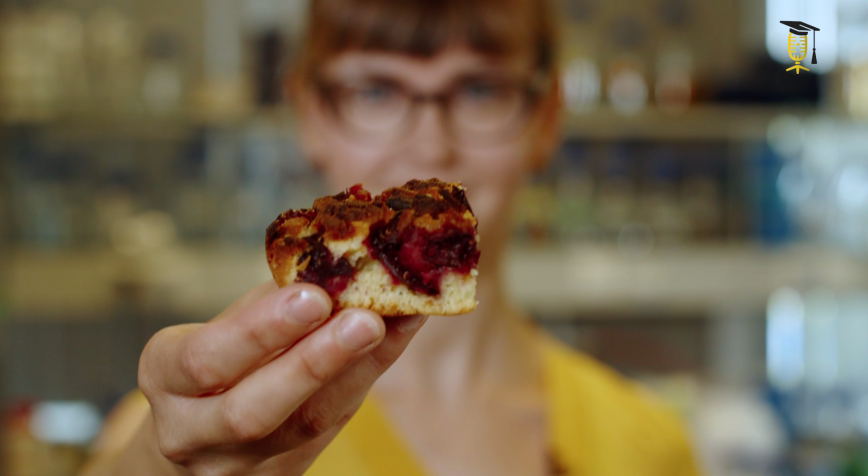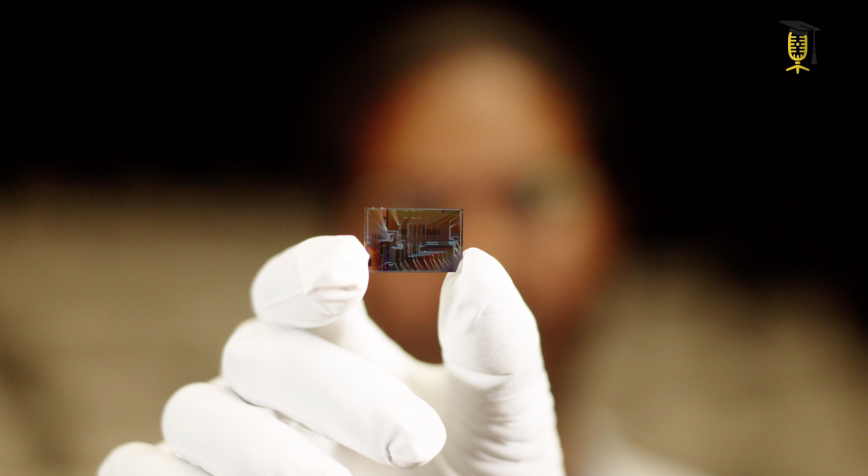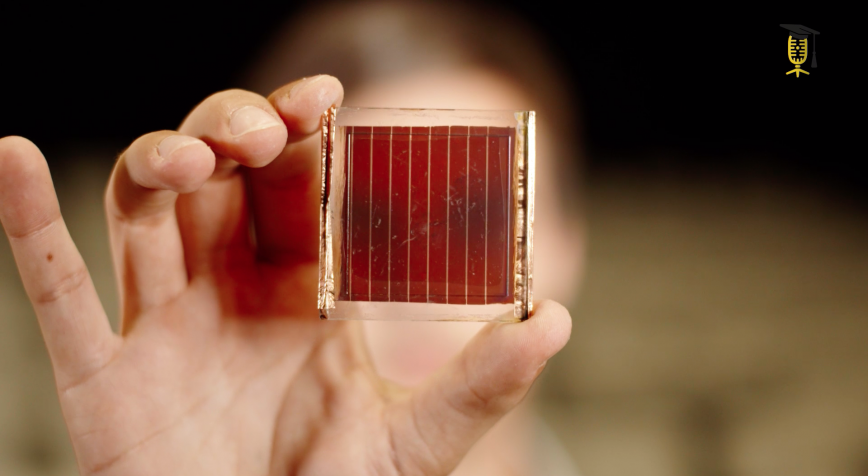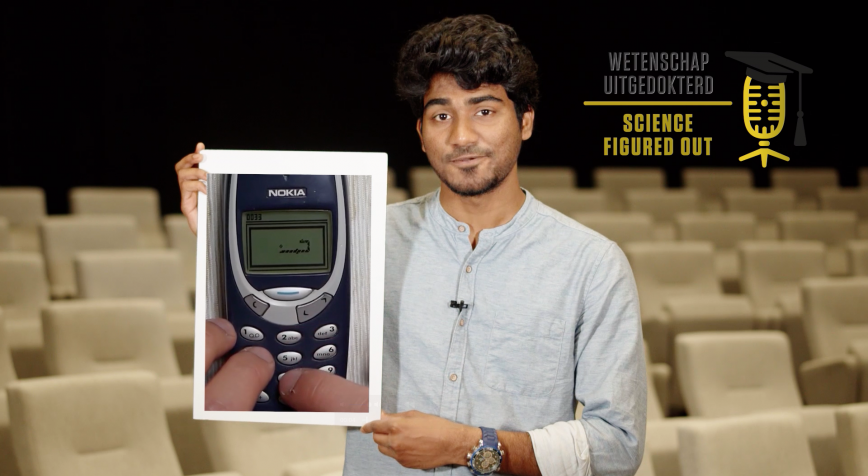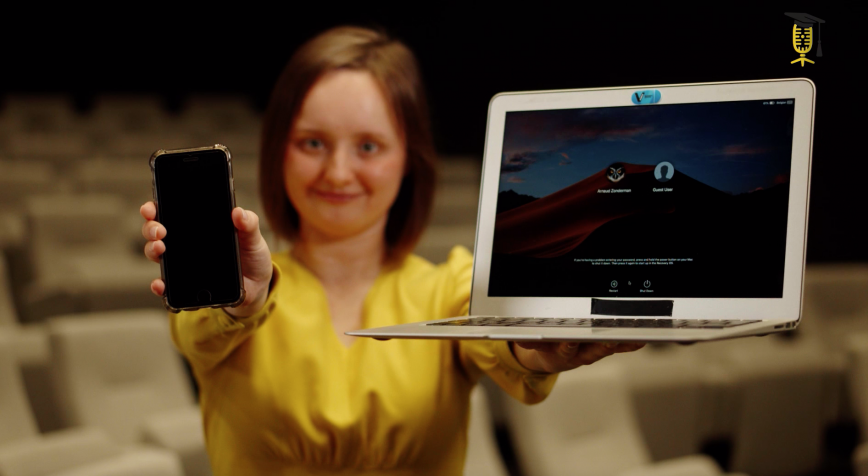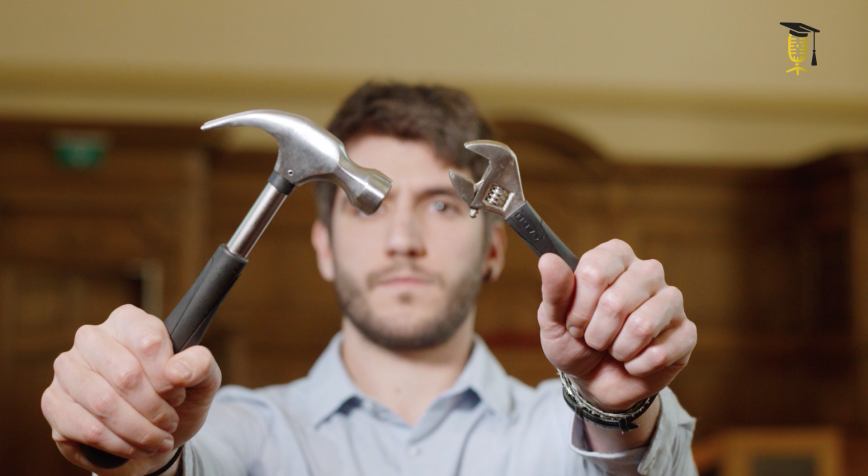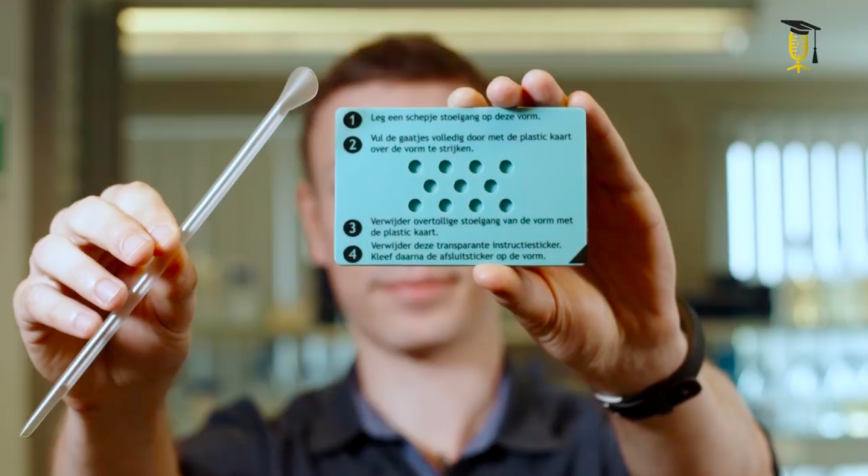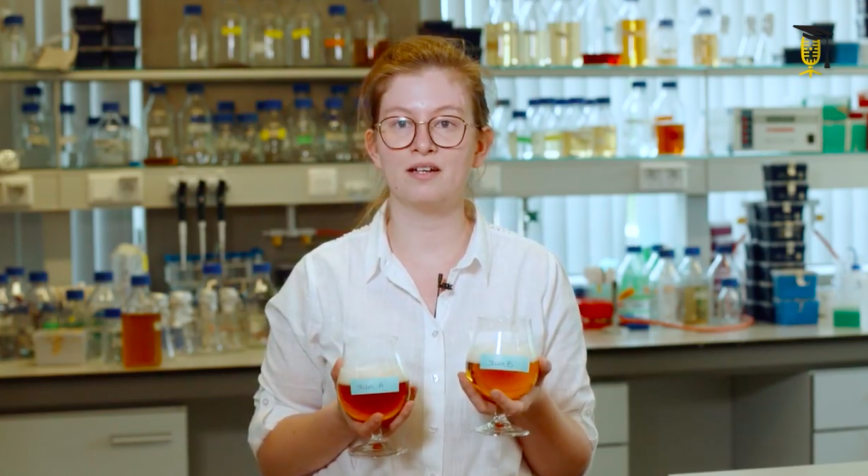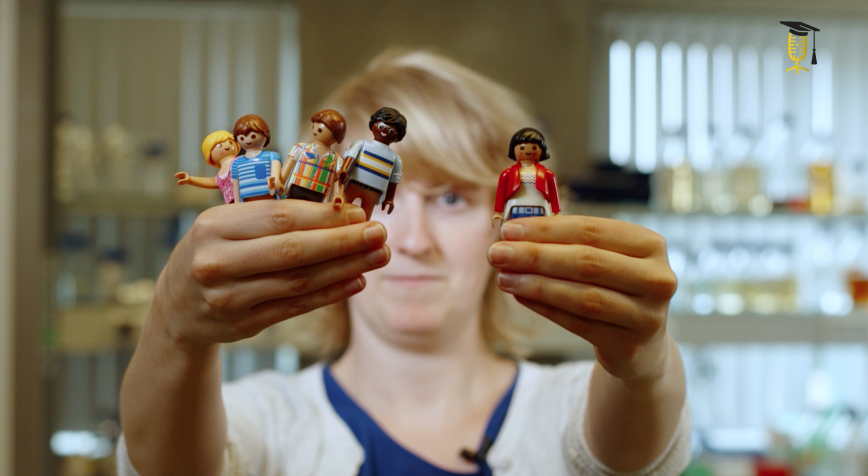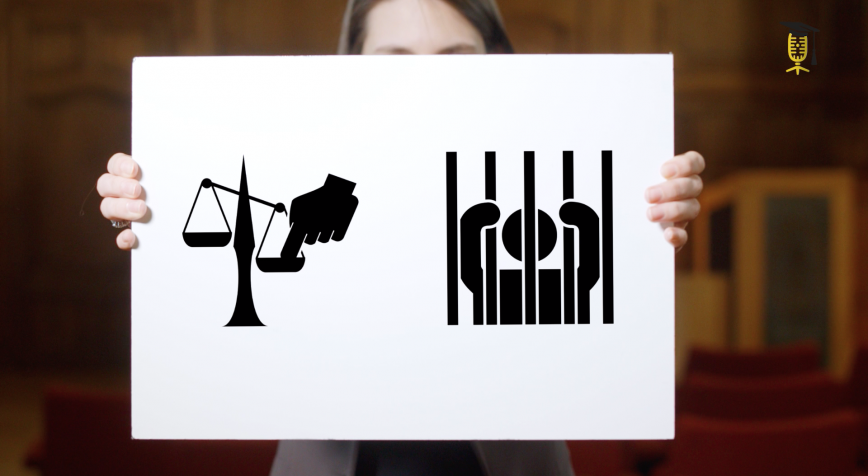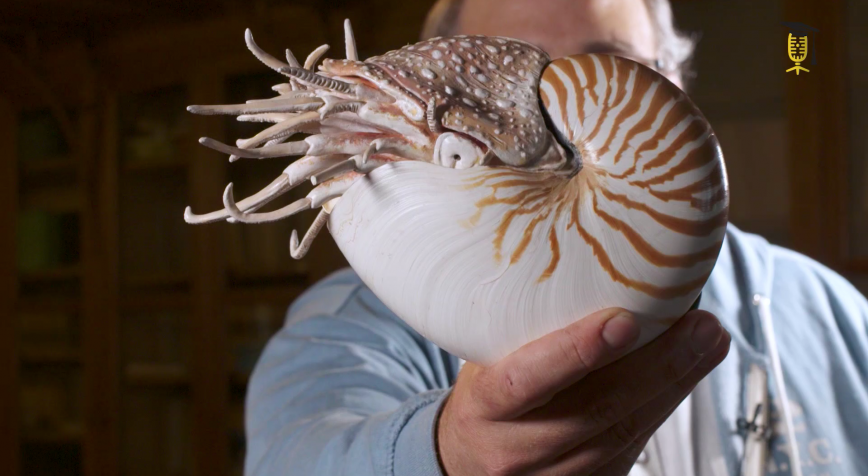
KBIN
The best adapted does not always survive
Once upon a time there were two types of cephalopods: the nautiluses and the ammonites. Although the ammonites were much better adapted, they became extinct. And the nautiluses? They're still swimming around today. Stijn Goolaerts studies fossils of these fascinating creatures and draws a wise lesson for mankind from the sad fate of the ammonites.
